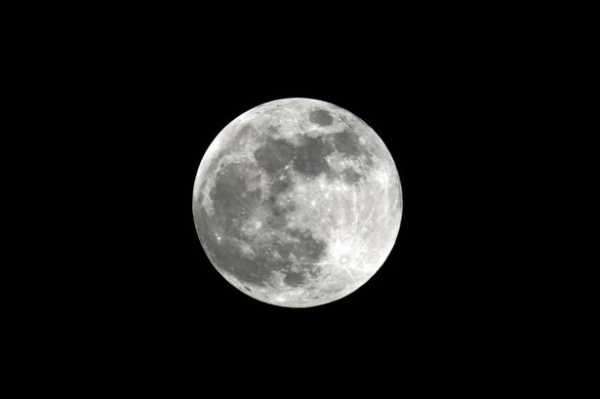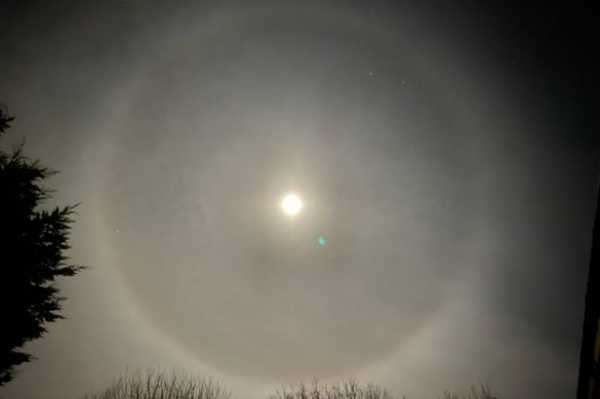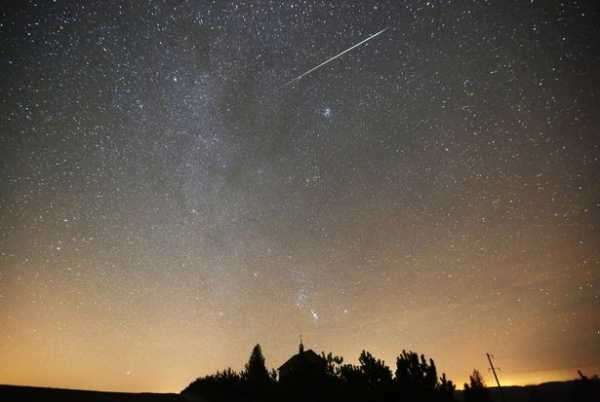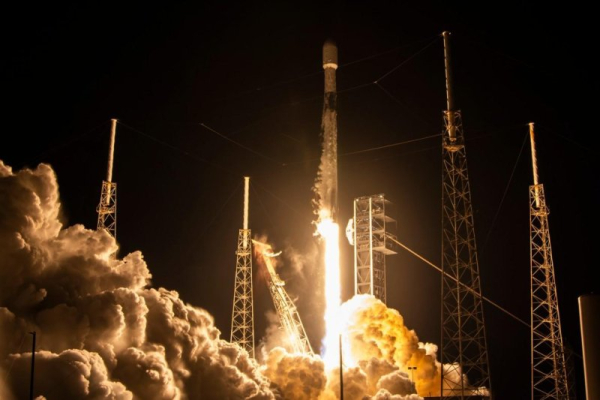The Geminid Meteor Shower is active every December, but will peak on the evenings of December 13 and 14 this year
-

Full Cold Moon will appear tonight – what it is and how to see it from the UK
-

Mysterious 'moon halo' lights up night sky – here's what the lunar phenomenon is
If you’re a fan of stargazing, you’re in for an absolute treat this weekend, as the ‘King of Meteor Showers’ is set to peak.
The Geminid Meteor Shower is active every December, but will peak on the evenings of December 13 and 14 this year.
During the peak, there can be up to 120 multicoloured meteors every hour, so there’s a pretty good chance you’ll see one!
NASA explained: “The Geminids are active every December, when Earth passes through a massive trail of dusty debris shed by a weird, rocky object named 3200 Phaethon. The dust and grit burn up when they run into Earth’s atmosphere in a flurry of ‘shooting stars.’”
Here are our top tips for seeing the ‘King of Meteor Showers’ this weekend.
How to see the Geminids
For your best chance of seeing a shooting star, look to the skies from about 21:00, and into the pre-dawn hours.
NASA advised: “To view the Geminids, find an area well away from city or street lights. Come prepared for winter temperatures with a sleeping bag, blanket or lawn chair.

“Lie flat on your back with your feet facing south and look up, taking in as much of the sky as possible.
“After about 30 minutes in the dark, your eyes will adapt and you will begin to see meteors.
“Be patient – the show will last until dawn, so you have plenty of time to catch a glimpse.”
When is the next meteor shower?
If you miss the Geminids, thankfully you’l have another chance to see shooting stars in December, thanks to the Ursids Meteor Shower.
This shower will peak on the evening of December 21, at which point there will be around 5-10 meteors per hour.
While the meteors will radiate from the constellation Ursa Minor, they can appear anywhere in the sky – so keep your eyes peeled!
Sourse: www.mirror.co.uk





